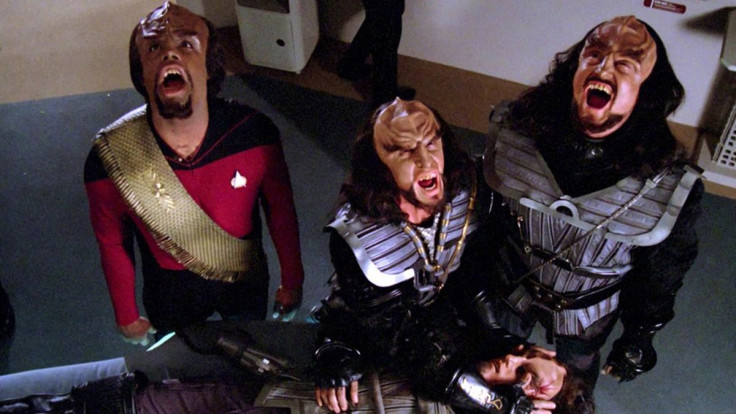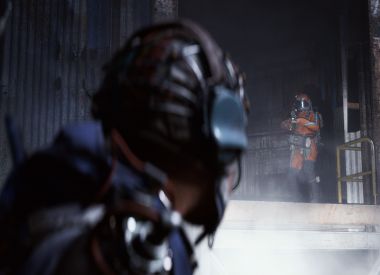A legal battle before a United States District Court in California hinges partially on whether or not Klingons are real.
In a copyright complaint brought against Axanar, a Kickstarter-backed Star Trek fan film, Paramount Pictures and CBS Studios claim exclusive rights to Star Trek, including “props, character makeup, costumes, sets, fictional language, events, and fictional history.”
Axanar Productions rebutted, claiming, in part, “The Klingon language itself is an idea or a system, and is not copyrightable,” an argument based in a remarkable gray area in our current copyright law. Current precedent doesn’t allow for copyright of a “useful art,” with Baker v. Selden determining that a book explaining a useful organizational system does not entitle the author to control over that system.
Can you #copyright an entire language? Paramount says yes. #klingon #startrek https://t.co/cgdt9S5UvX
— M. K. Hirai (@mk_hirai) April 15, 2016
Here’s where it gets fun. According to attorneys for CBS and Paramount, “This argument is absurd, since a language is only useful if it can be used to communicate with people, and there are no Klingons with whom to communicate.”
In other words, Klingon may be a system, or art, but since Klingons don’t exist it’s not a useful system. This might come as a surprise to Klingon cosplayers keeping it real.
Though the complaint against Axanar hardly relies on the Klingon language —it’s just one of many alleged infringements—the debate could have major implications for future fan films, conlangers and even software companies. The ongoing Google v. Oracle case asks similar questions about whether or not programming languages can be copyrighted, or instead constitute a “useful art” open to all.
While Axanar seems unlikely to succeed in convincing courts their Star Trek film doesn’t constitute copyright infringement, it remains an open question how Klingon and other fictional languages will be affected. Until then, Hoch jaghpu'Daj HoHbogh SuvwI' yIvup.



















